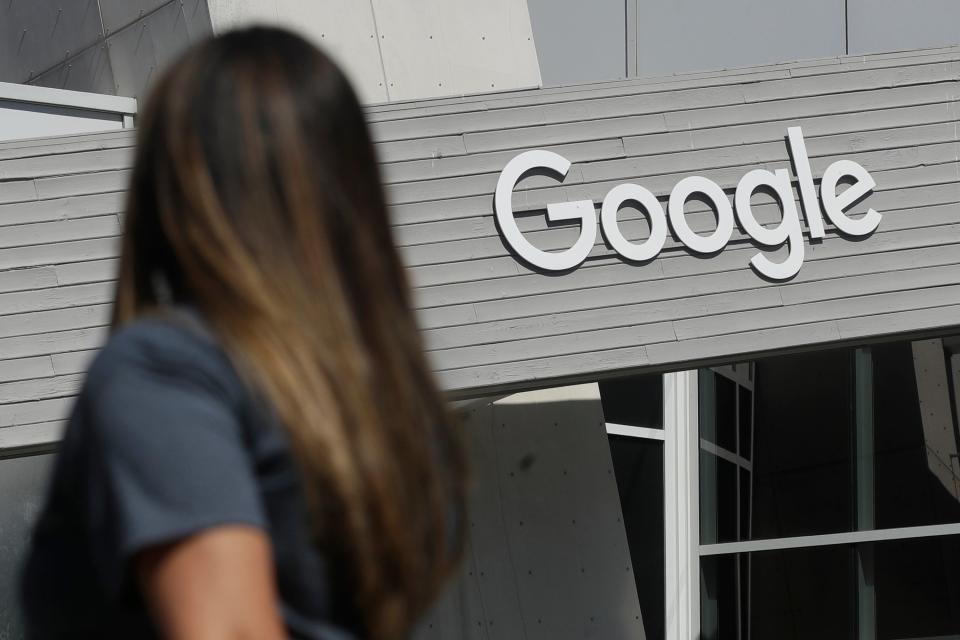Google commits to stop tracking users around the internet and promises ‘more privacy-first web’

Google has committed to stop following users around the internet and says it will move “towards a more privacy-first web”.
The company already said that it would be ending support for third-party cookies, which are used to watch users as they navigate around the internet, collecting information on what they see and where they go.
Now it has said that it will not use other ways to track individuals, in a major shift of policy.
Instead, it will only use “privacy-preserving technologies” that still allow advertisers to understand how people are behaving but without collecting information on each of them individually, it announced in a blog post.
The company fears that if people’s concerns about privacy and protection of their personal identity is not addressed then the “future of the free and open web” would be at risk, wrote David Temkin, Google’s director of product management for ads privacy and trust, in the post.
He pointed to researcher that shows that 72 per cent of people believe almost everything they do online is being tracked, and 81 per cent who agree that the risks they face of data collection outweigh the benefits.
He said that the decision to remove third-party cookies from Chrome was made in that context. But after that announcement, Google had continued to receive questions about whether it would build other technologies to track people, Mr Temkin said.
“Today, we’re making explicit that once third-party cookies are phased out, we will not build alternate identifiers to track individuals as they browse across the web, nor will we use them in our products,” he wrote in the post.
While he noted that might mean that other providers collect more information, Google believes such technology will not “meet rising consumer expectations for privacy, nor will they stand up to rapidly evolving regulatory restrictions, and therefore aren’t a sustainable long term investment”.
Instead, it wil build new technologies that rule out individual tracking while still allowing advertisers and publishers to get results, he said.
Read More
Google announces new features so workers at home don’t lose out if colleagues return to the office

 Yahoo Finance
Yahoo Finance 